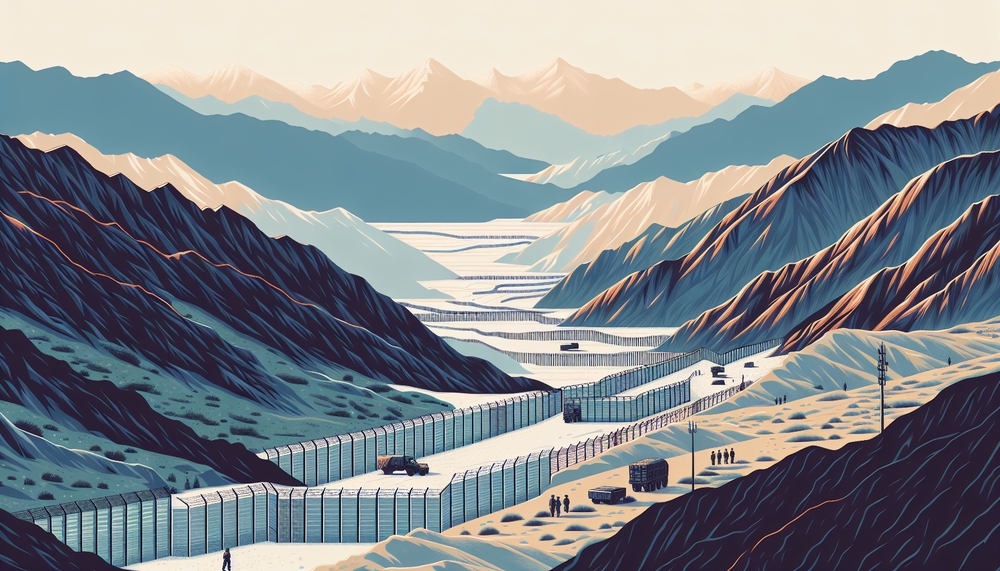Published
- 3 min read
Reassessing Pakistan's Position Post-India Clashes

The Perils of Perceived Emboldenment
Following recent clashes with India, there seems to be a sense of emboldenment within Pakistan’s political and military establishments. However, this perceived strength could indeed be precarious. While increased military confidence might seem advantageous, it doesn’t necessarily translate into strategic superiority. International reactions can be fickle, and alliances may not hold as expected. Indeed, Pakistan’s reliance on strategic partnerships—especially those beyond its traditional allies—is fraught with uncertainty. The risk here is how perceptions of strength can lead to overestimations of capacity, thereby inviting diplomatic challenges and international scrutiny.
Economic Strain and Military Overreach
Pakistan’s economy is already under significant pressure from a variety of factors, including inflation and debt. The decision to increase military spending could strain the country’s financial resources further. Historically, nations that overcommit to military engagement without ensuring economic stability face detrimental consequences. If resources are diverted disproportionately towards defense, essential sectors such as education and healthcare might suffer. Ultimately, this emboldenment could prove dual-edged, potentially amplifying internal economic challenges—somewhat akin to biting off more than one can chew.
Diplomatic Fallout: A Risk of Isolation
Diplomatic repercussions from the confrontation cannot be understated. While Pakistan may seek to assert its position based on recent events, the reality is that such actions may result in increased isolation from the international community. Key players such as the United States, China, and Russia have nuanced stakes in South Asia’s stability, and Pakistan’s recent actions might affect its relations with these powerful nations. The potential realignment of alliances could lead to geopolitical sidelining, consequently decreasing Pakistan’s influence on the global stage.
Internal Political Dynamics and Public Sentiment
Internally, the clashes with India have reverberated across Pakistan’s political landscape. While the government might project an image of resilience and unity, the underlying domestic political tensions could be exacerbated. Public sentiment might rally in the short term, particularly with nationalistic rhetoric, but long-standing issues related to governance and economic disparity often contribute to socio-political polarization. The increased role of the military in governance might lead to shifting power dynamics, which in turn could challenge the fabric of civilian rule and transparency in government processes.
Alternative Narratives: A More Cautious Perspective
There exists a more cautious narrative among geopolitical experts urging Pakistan to pivot towards restraint. Instead of aggressive posturing, these experts propose de-escalation strategies that focus on diplomatic negotiations and dialogue. The potential for de-escalation resides in leveraging international institutions and multilateral forums to mitigate tensions. This perspective underscores a more sustainable approach, which prioritizes peace and stability over conflict—a sentiment that could reshape Pakistan’s regional influence in a positive light.
Conclusion: A Path Forward for Regional Stability
As Pakistan reassesses its position post-clashes, it must balance its national security aspirations with a commitment to regional stability. Diplomacy, not discord, should be at the forefront, with peace-building initiatives taking precedence. This includes bolstering economic cooperation with neighbors and participating in broader regional frameworks focusing on shared prosperity. By taking a cooperative stance, Pakistan can significantly boost its credibility and contribute to the enduring stability of South Asia. Only through such deliberate and thoughtful engagement can sustainable peace be attained in a region historically fraught with tensions.
